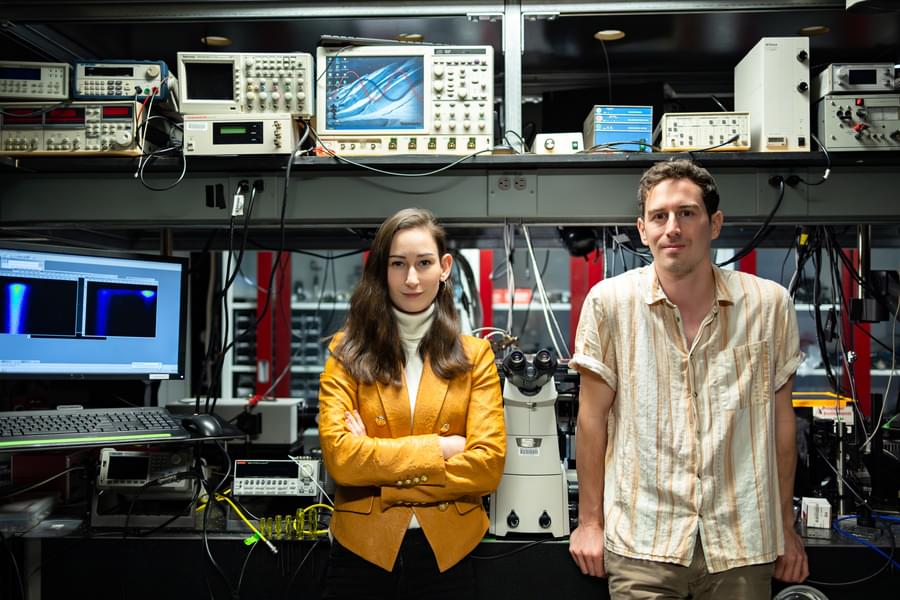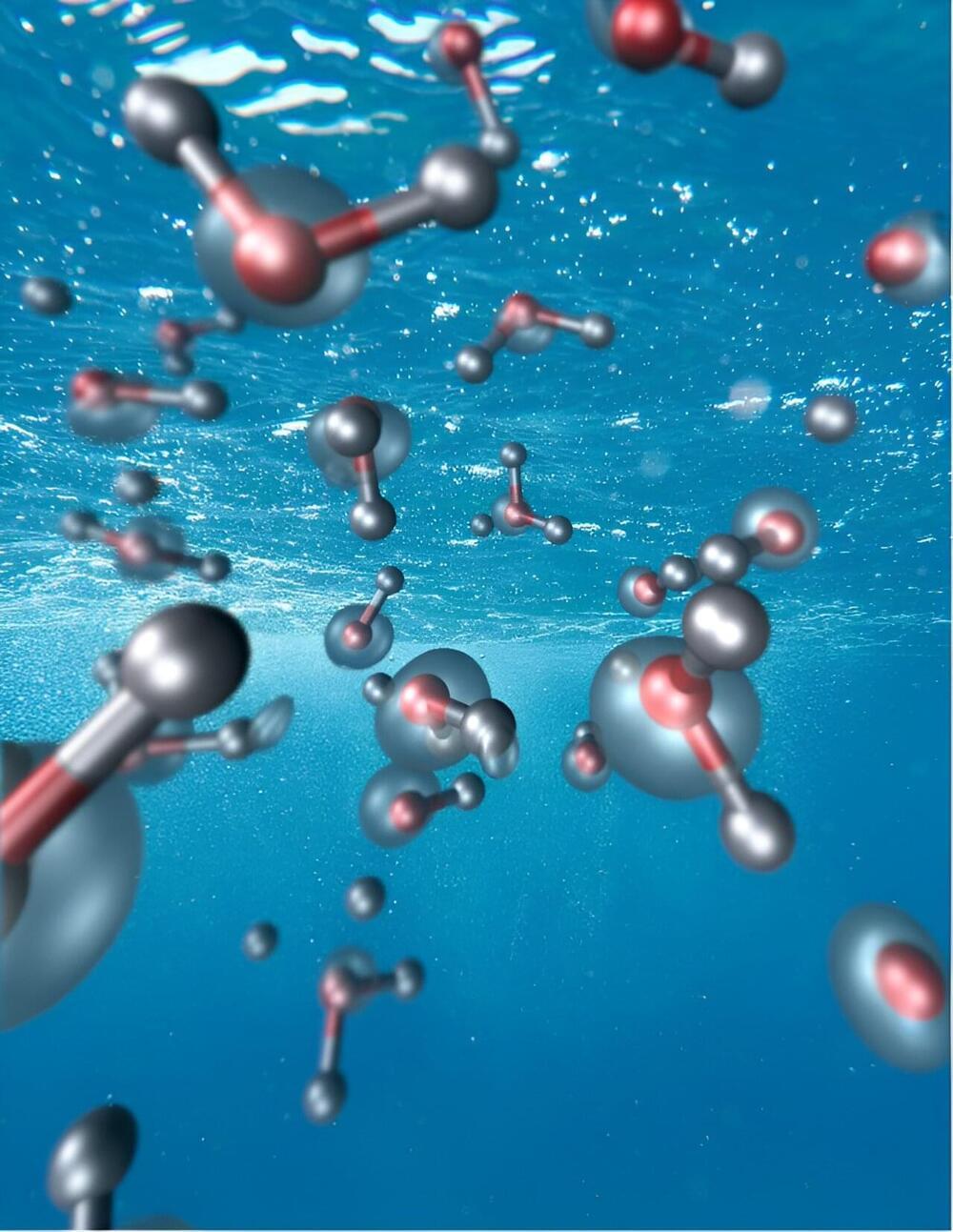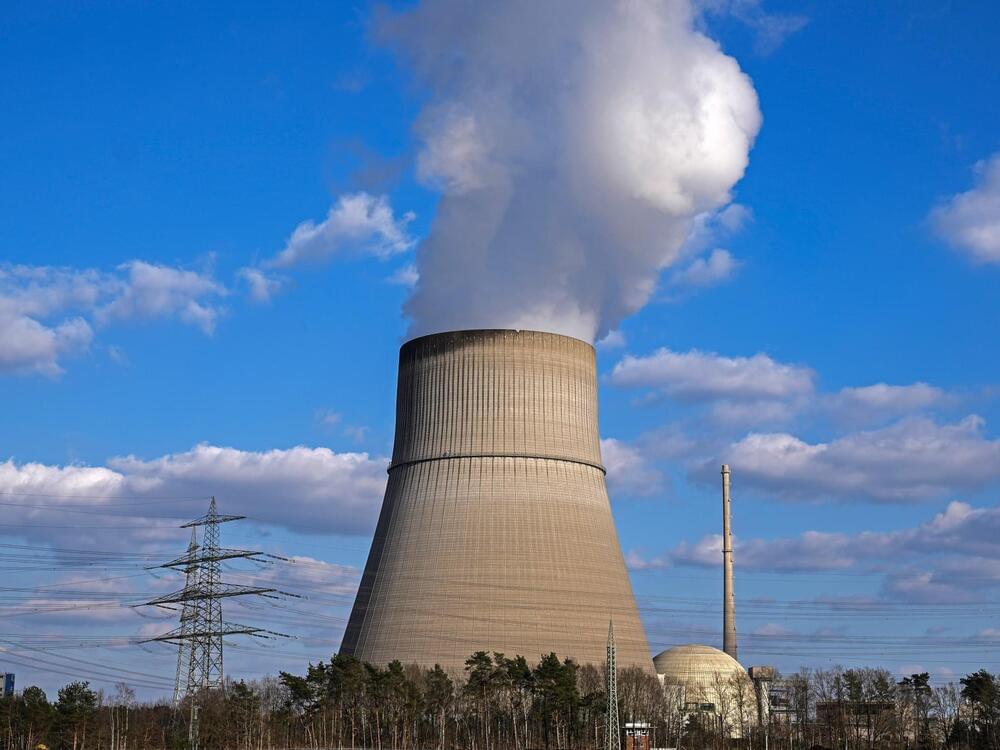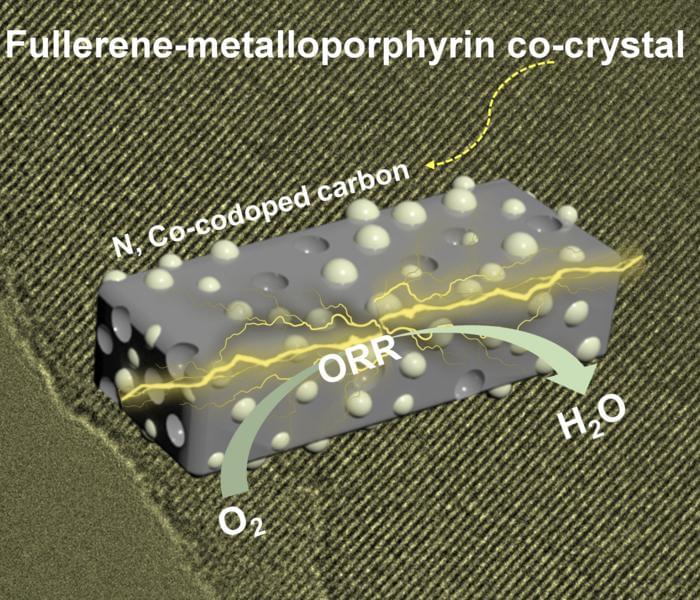Young urban air mobility (UAM) developer Doroni Aerospace is stepping out of the shadows and into the eVTOL startup with the official reveal of its flagship aircraft – the H1-X. The two-seat eVTOL was showcased during a livestream event today and is damn close to being market-ready, touting some impressive specs.
Doroni Aerospace was founded in 2016 by Doron Merdinger – a lifelong entrepreneur with 25 years of design, manufacturing, and firm management expertise.
To bring his dreams of sustainable aviation transportation to life, Merdinger assembled a team of engineers and technicians working together to democratize flight in a growing eVTOL segment.









